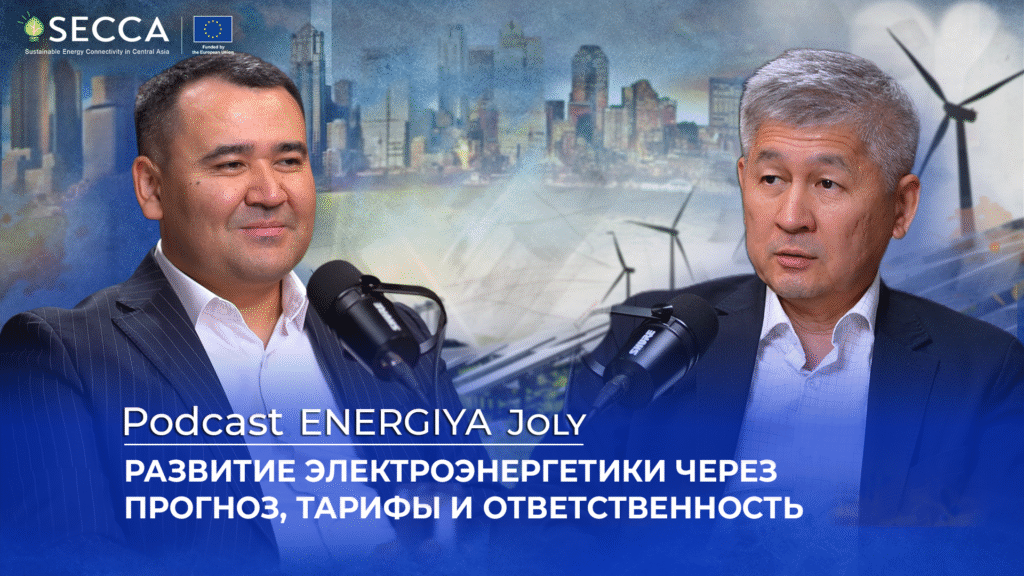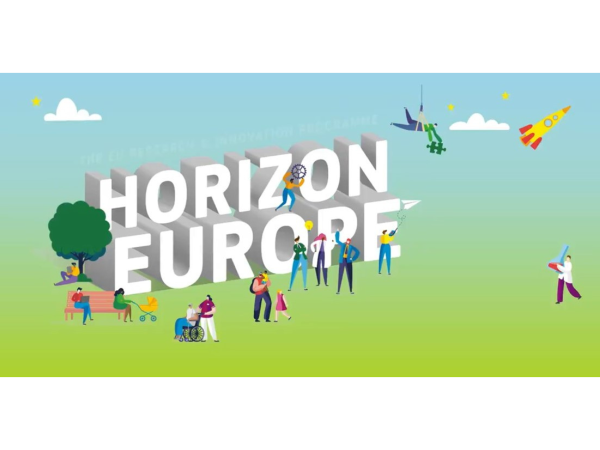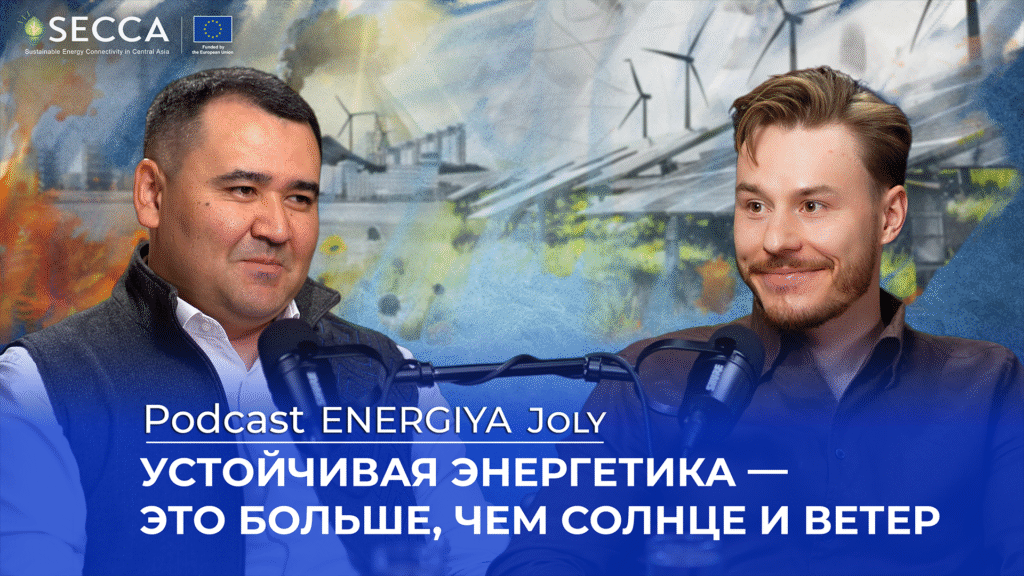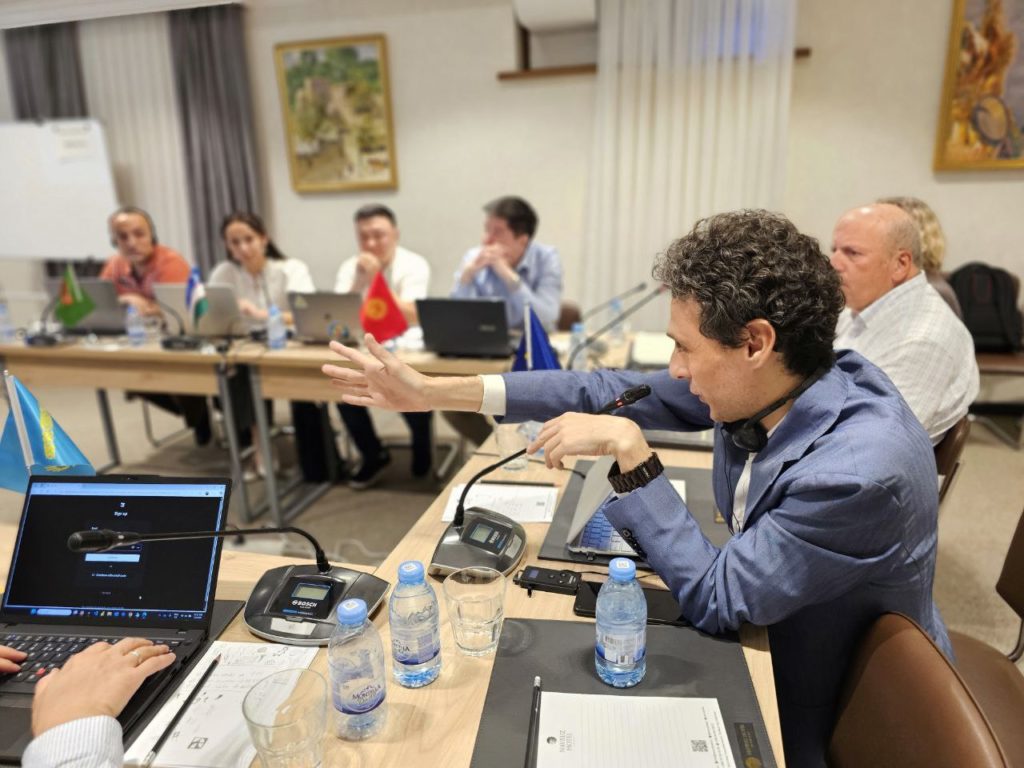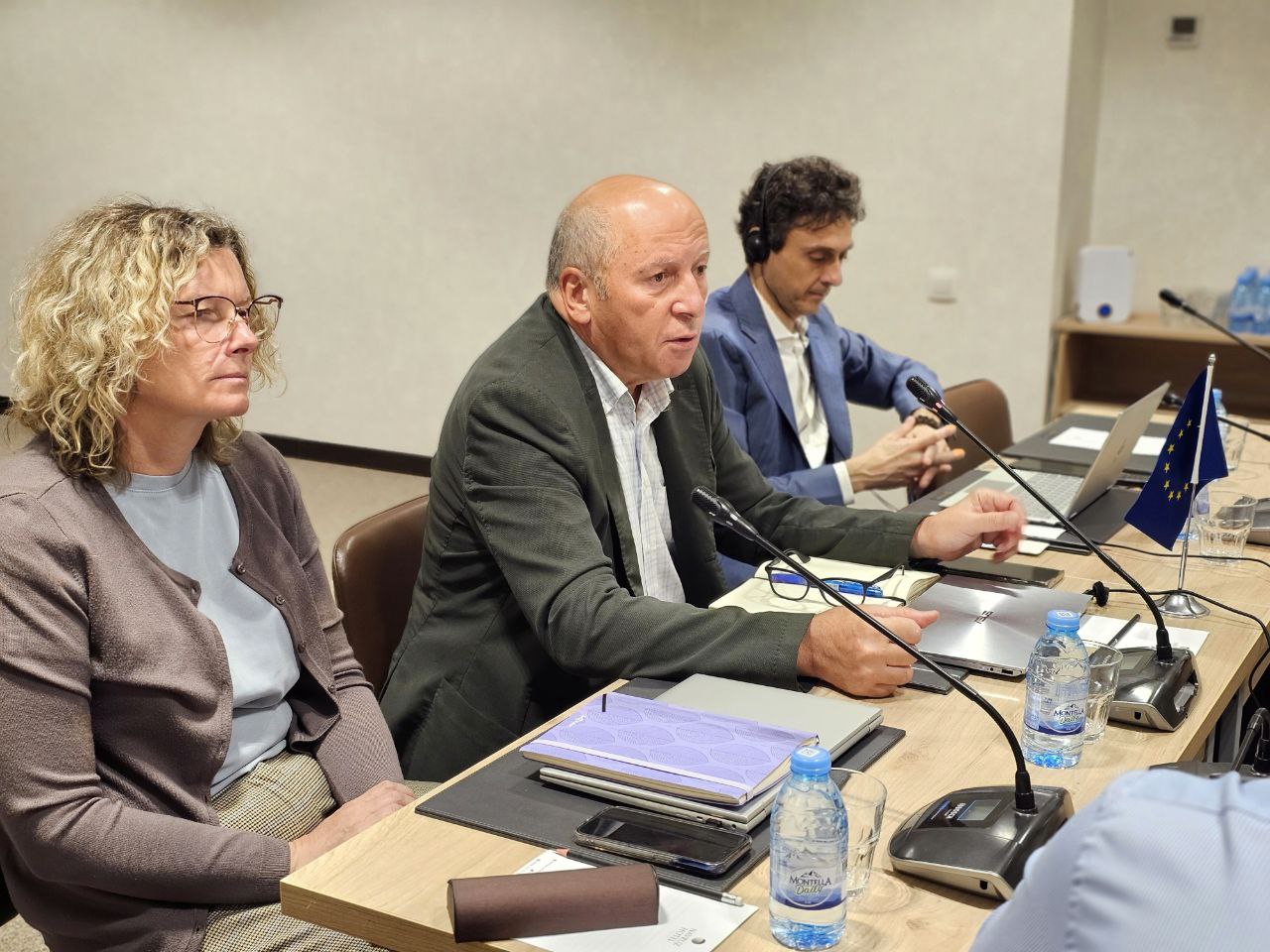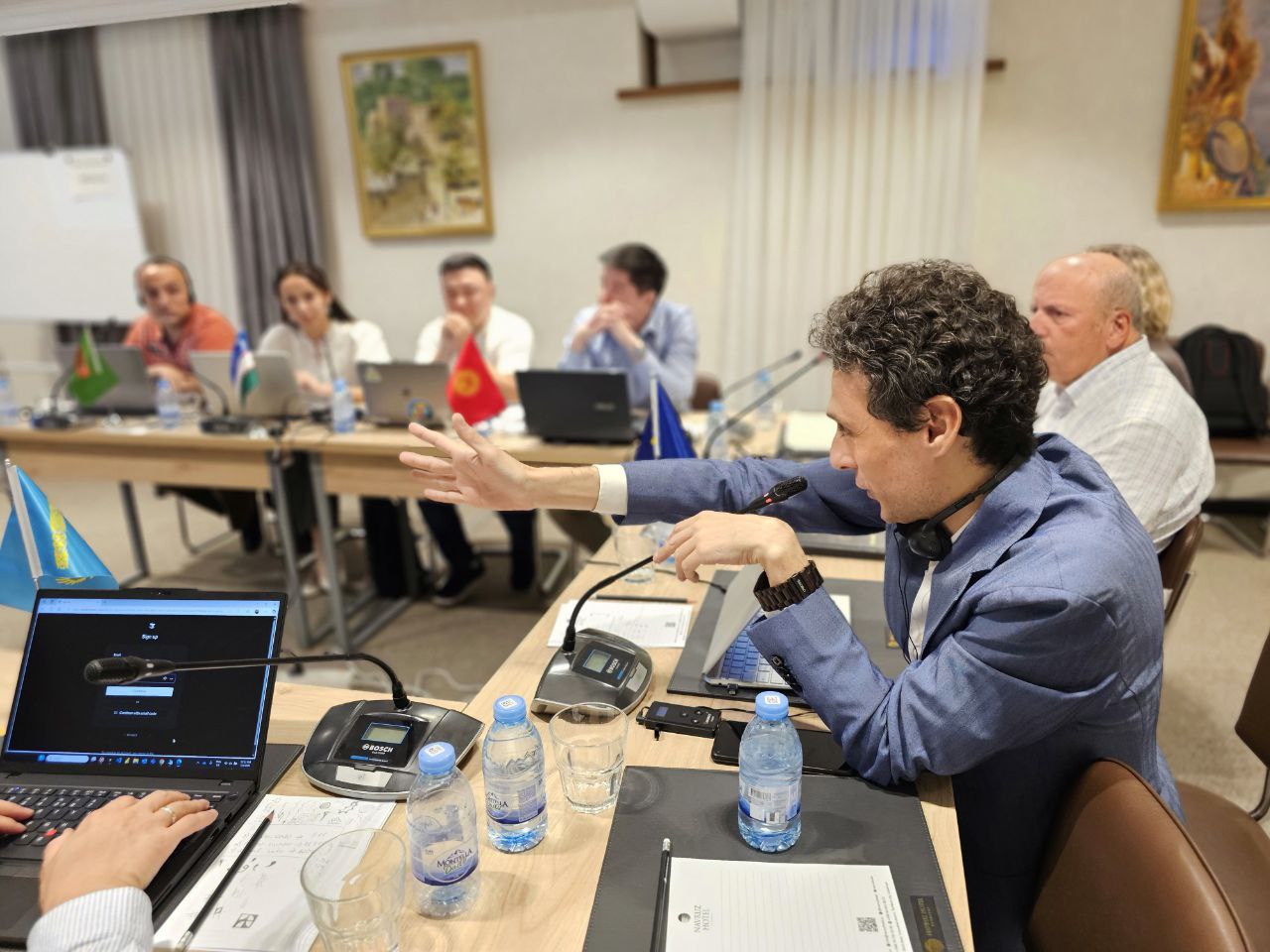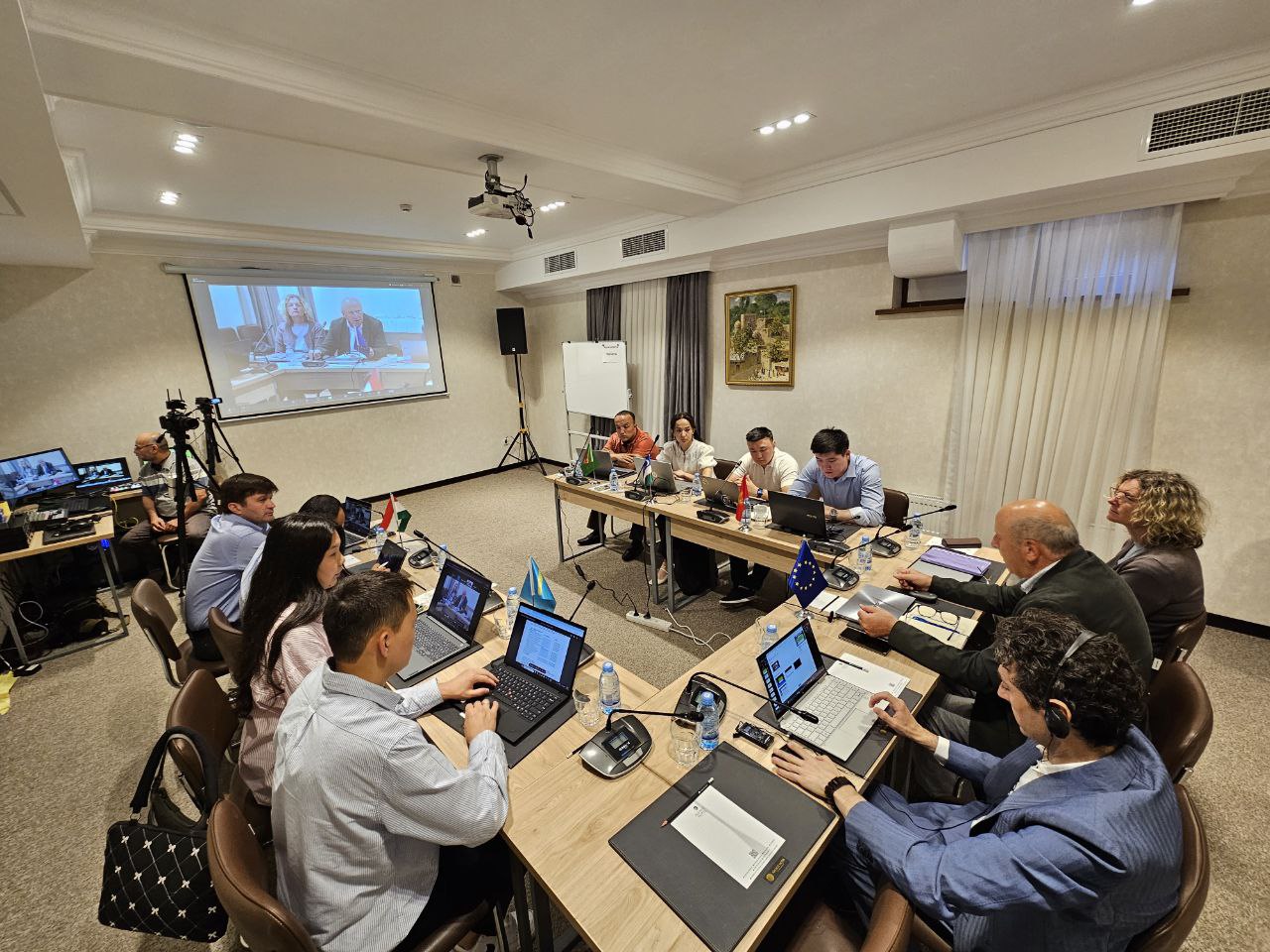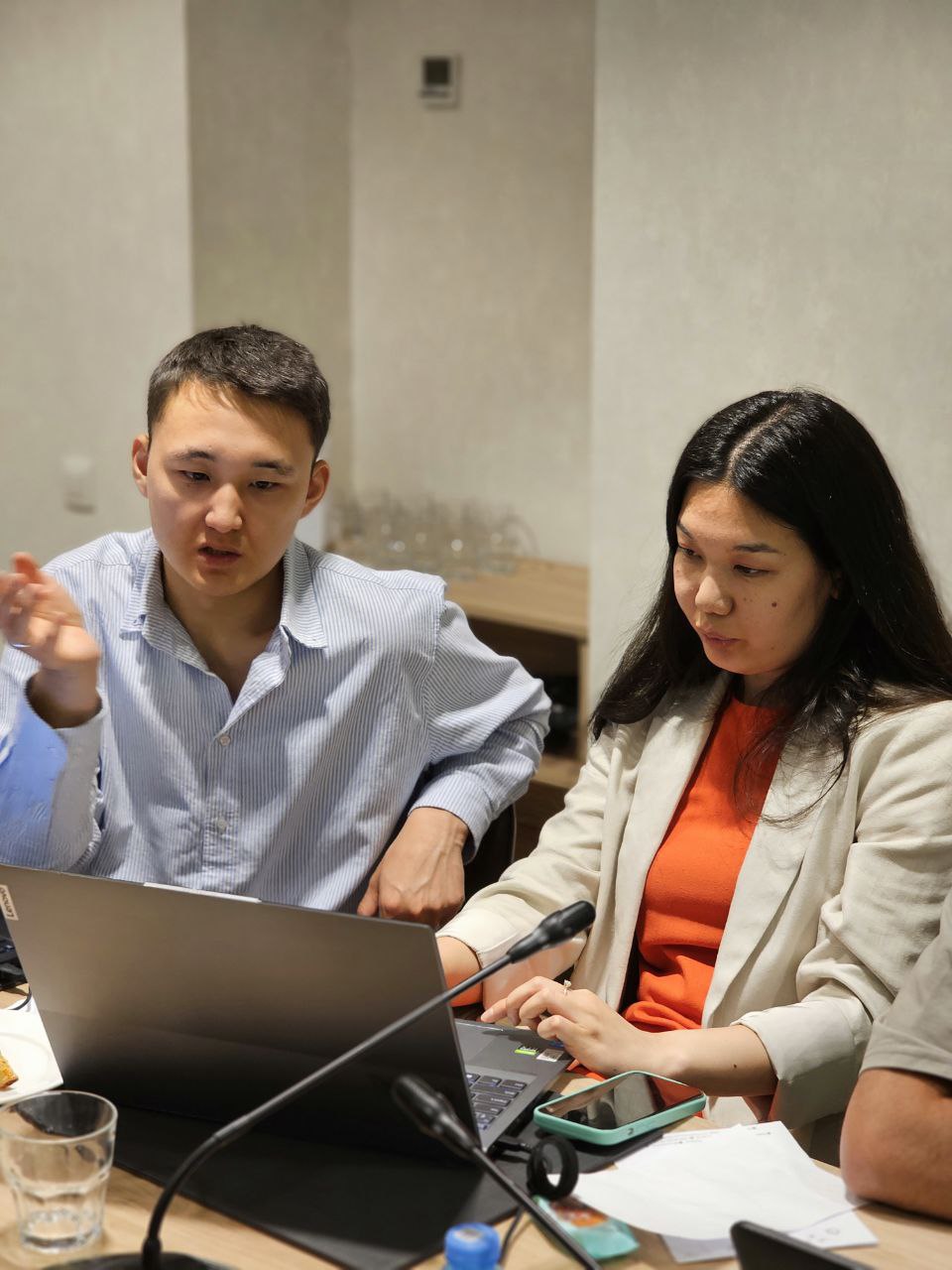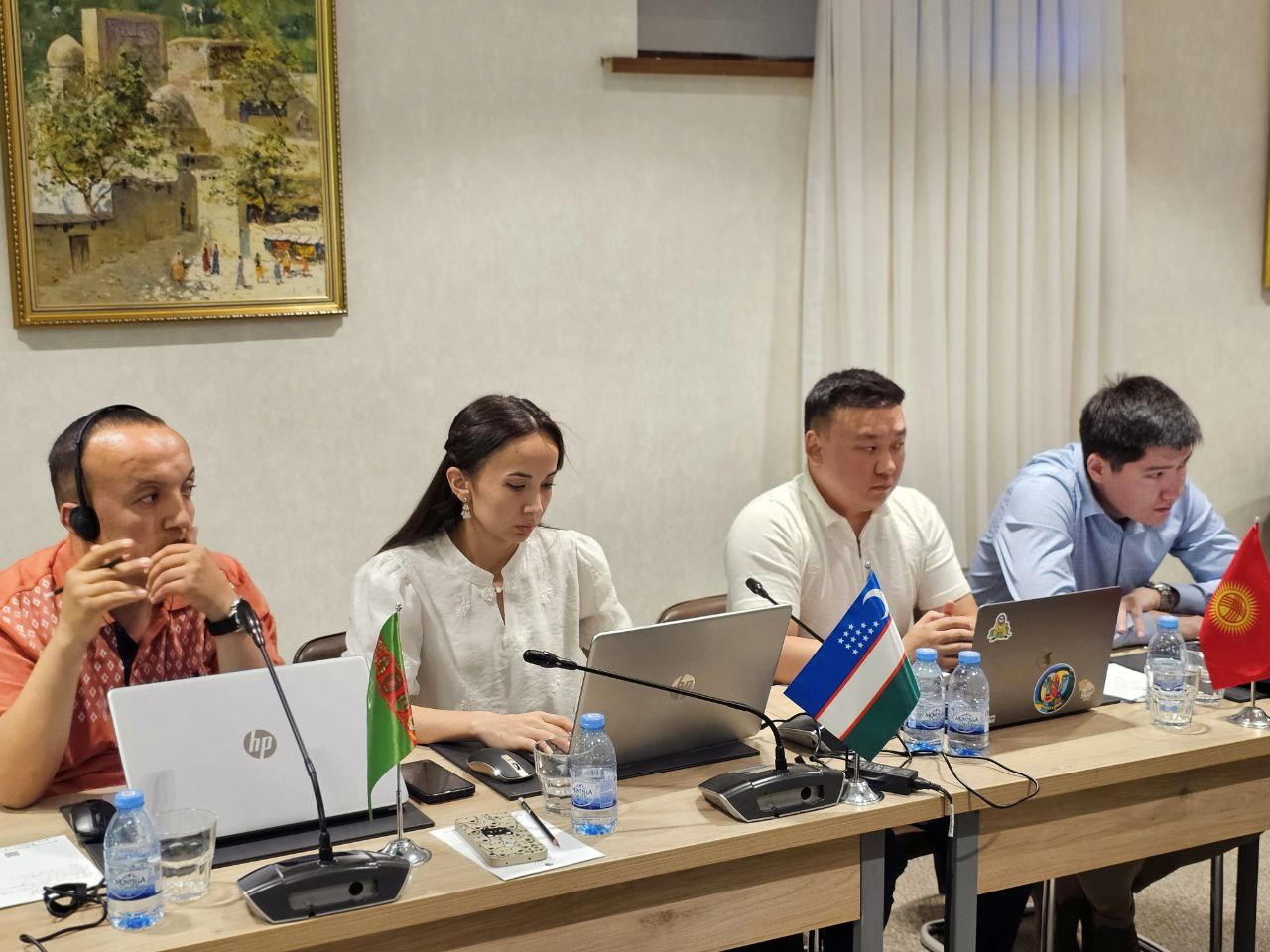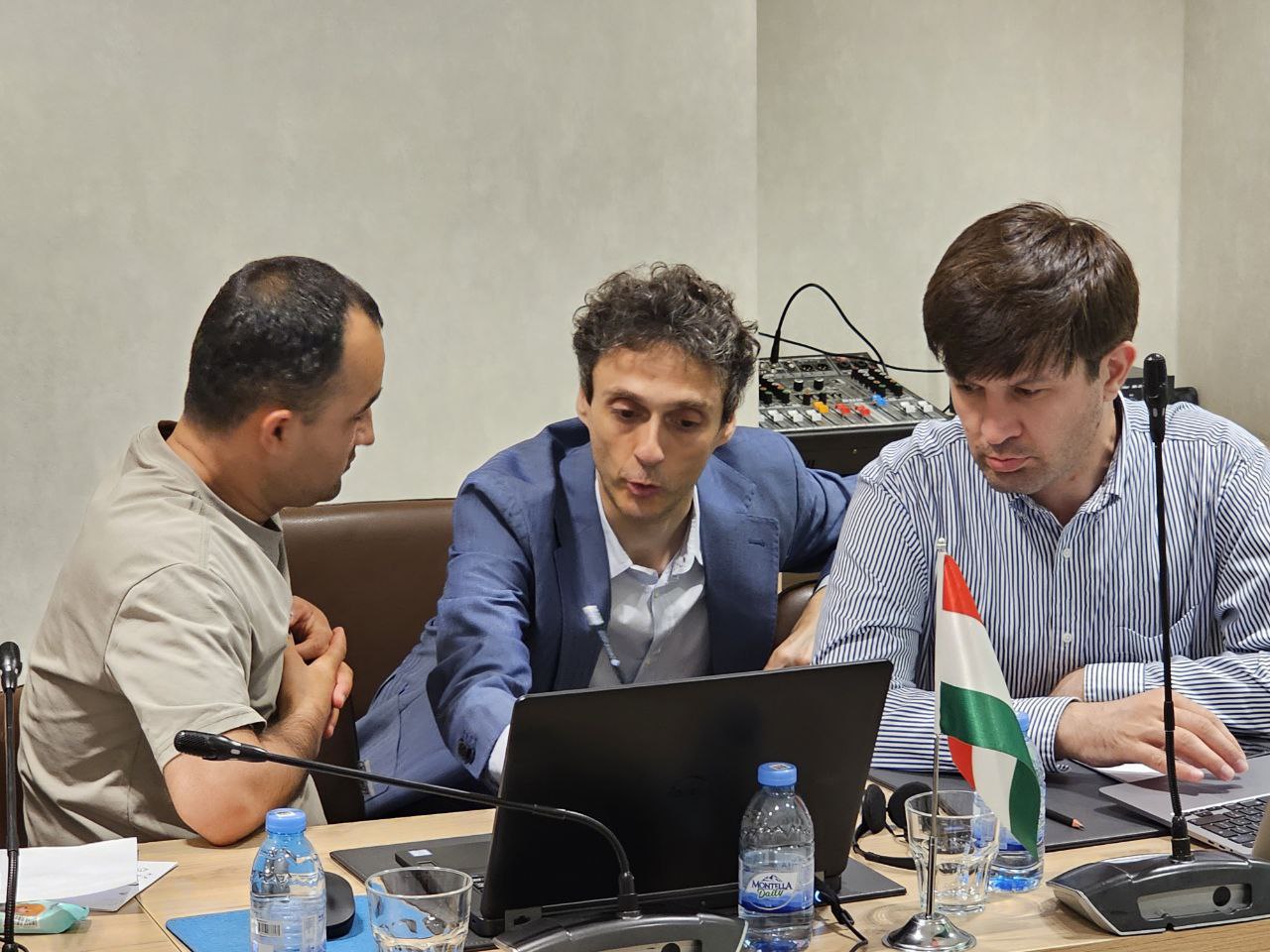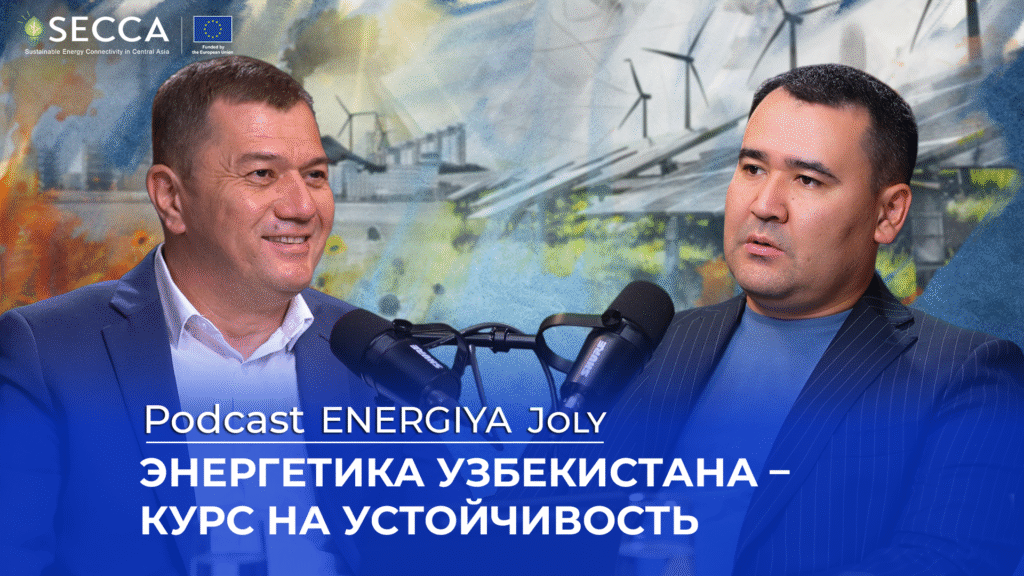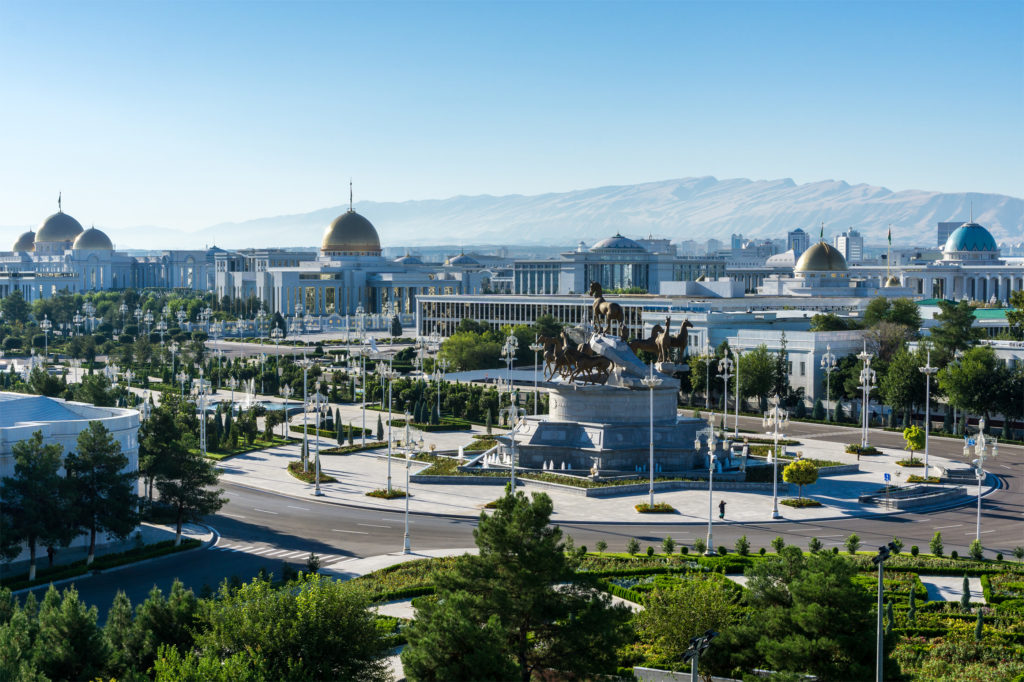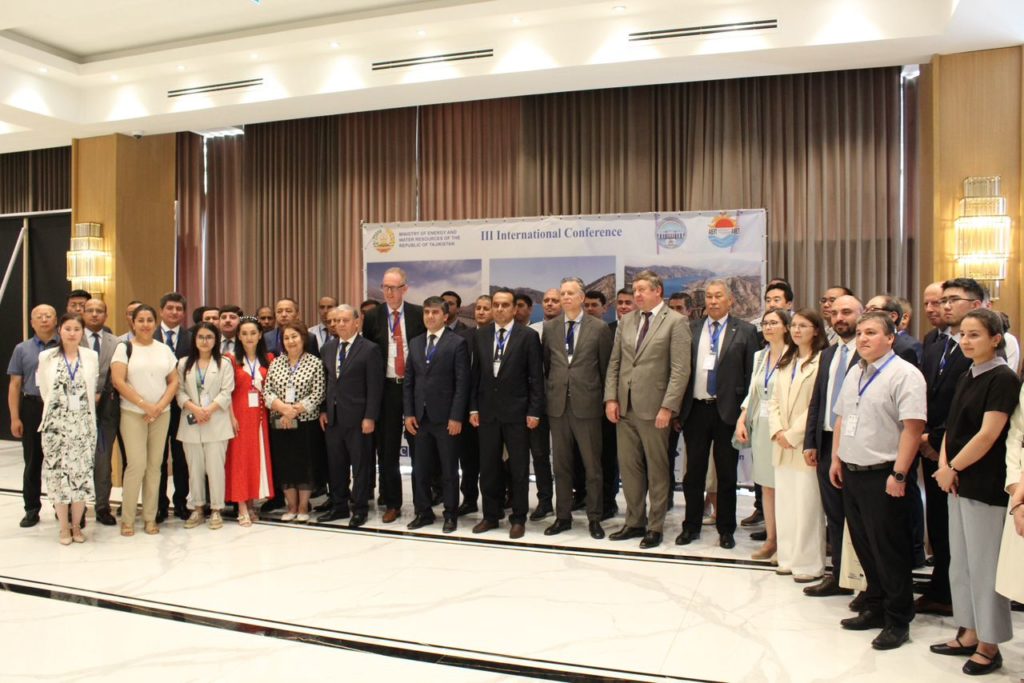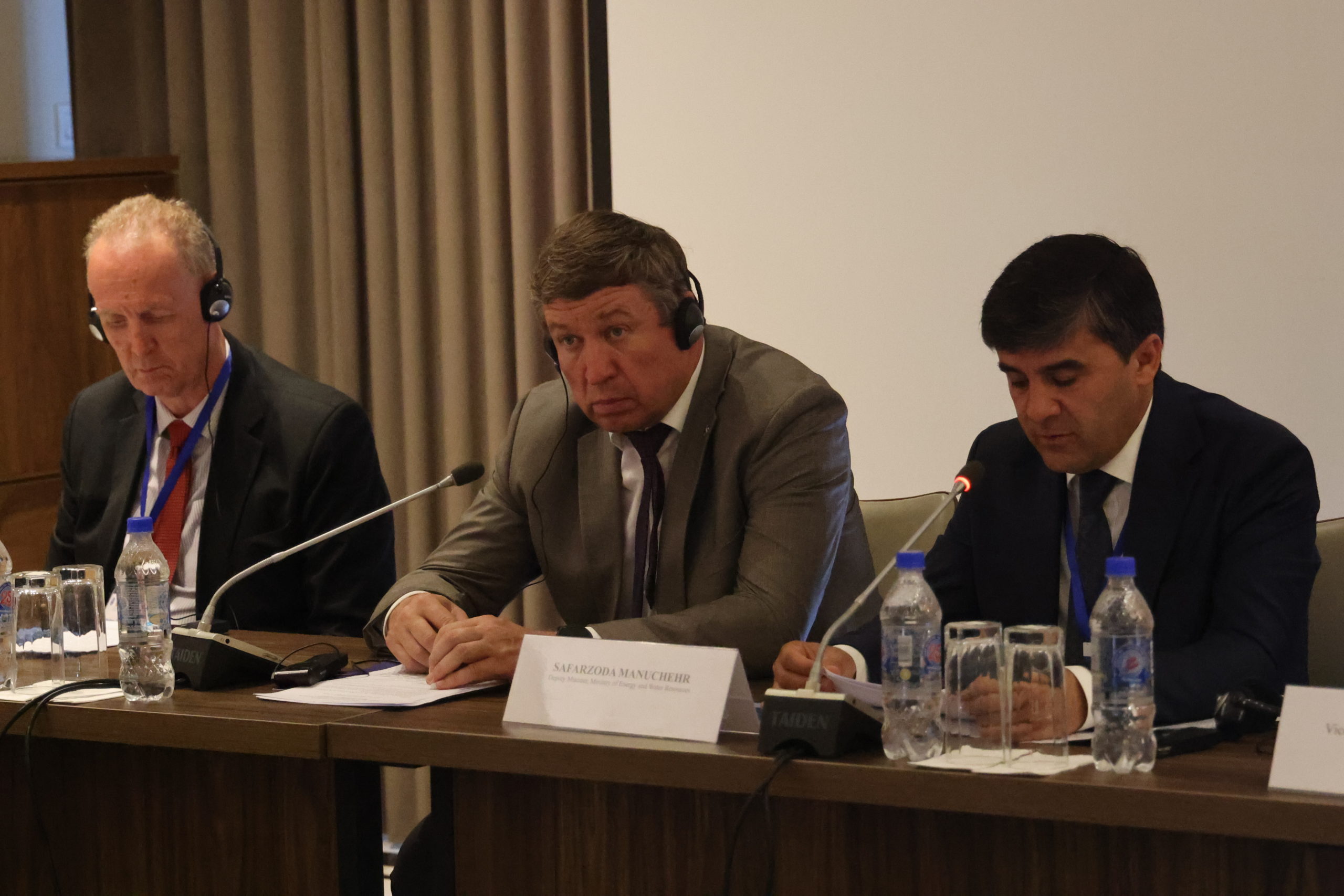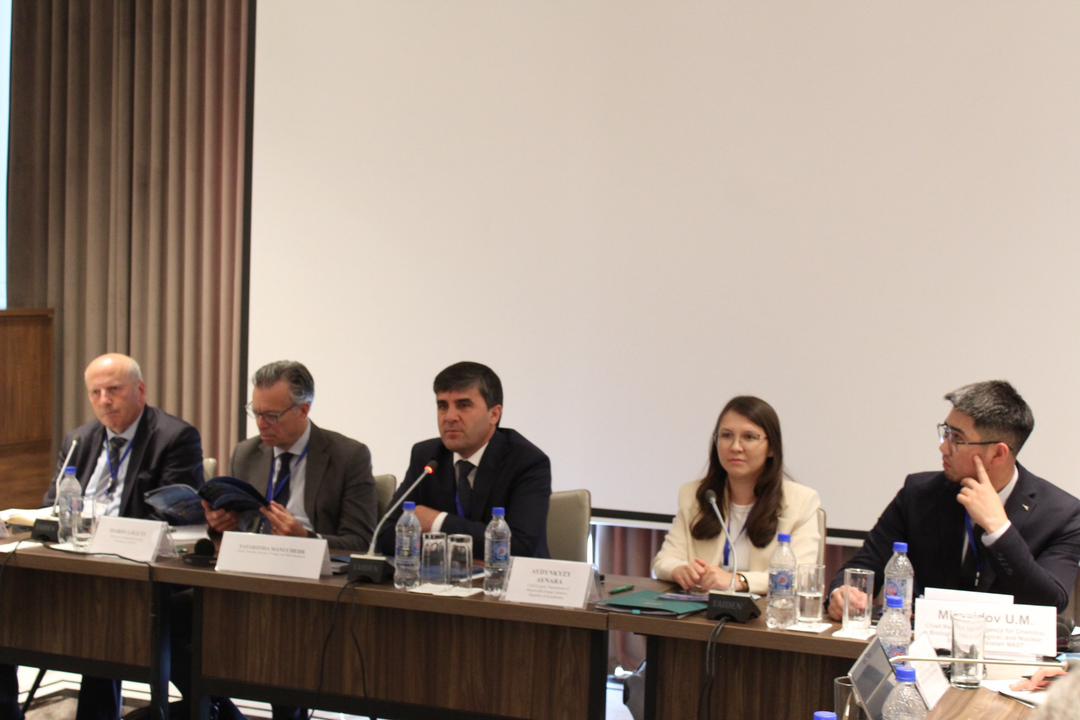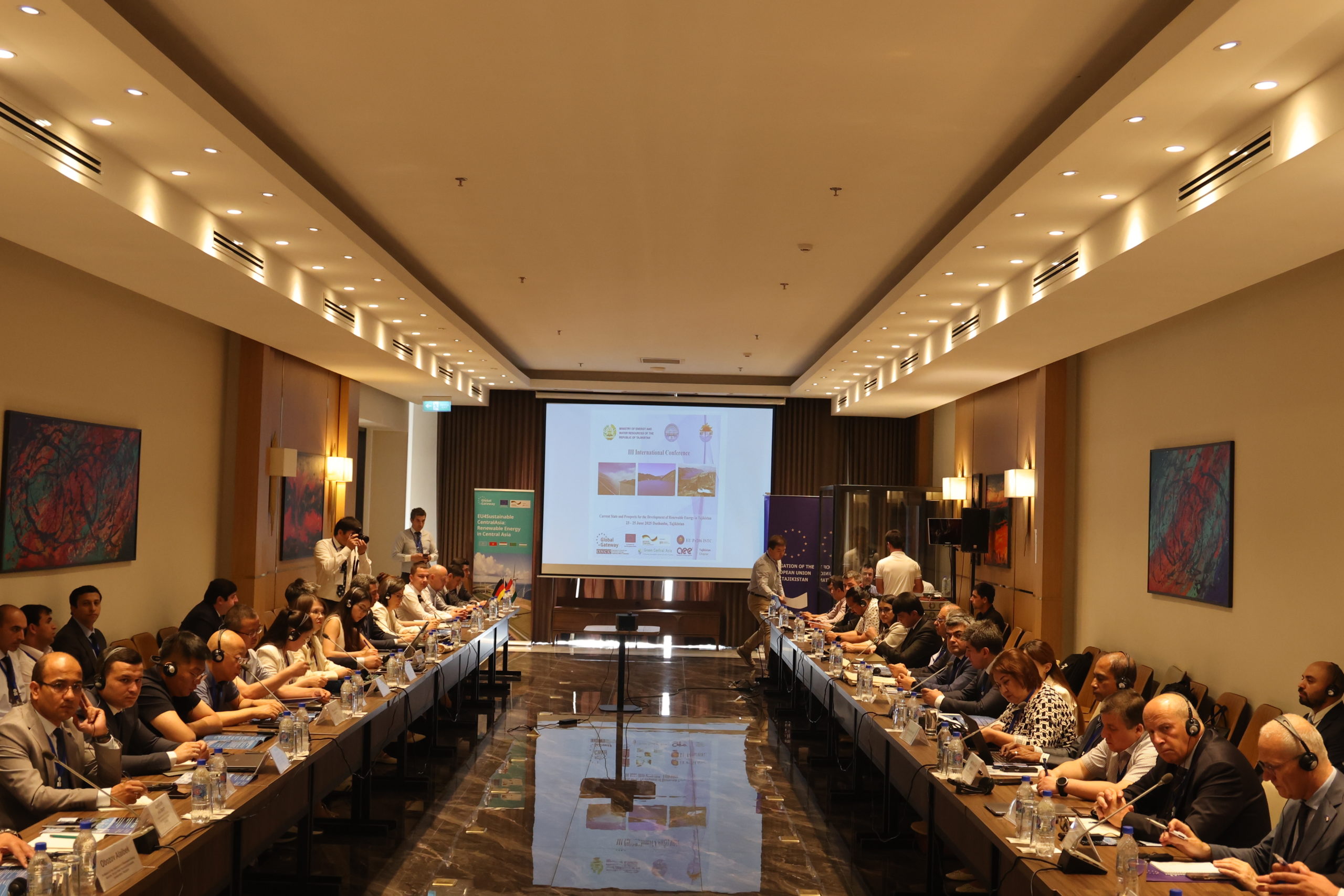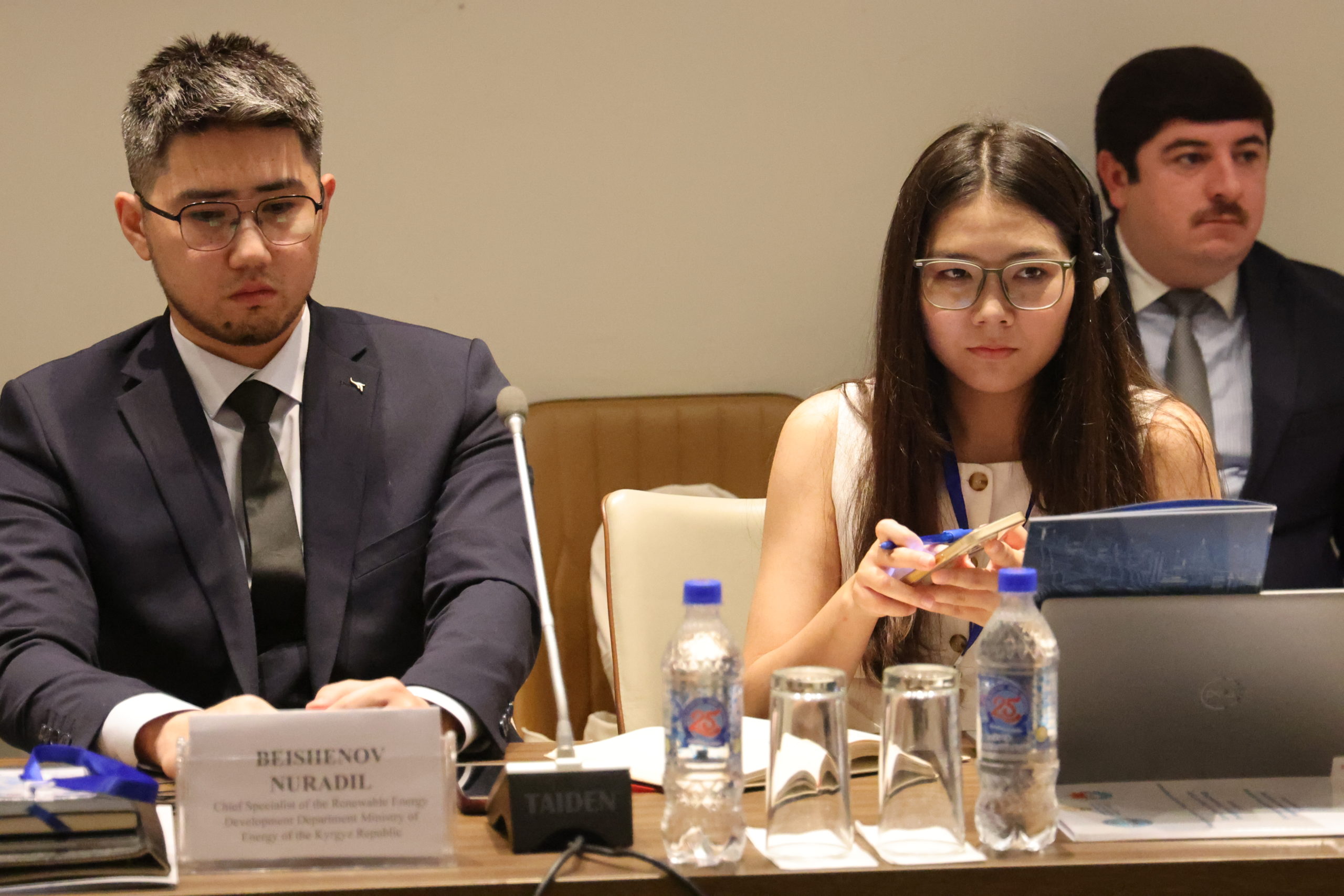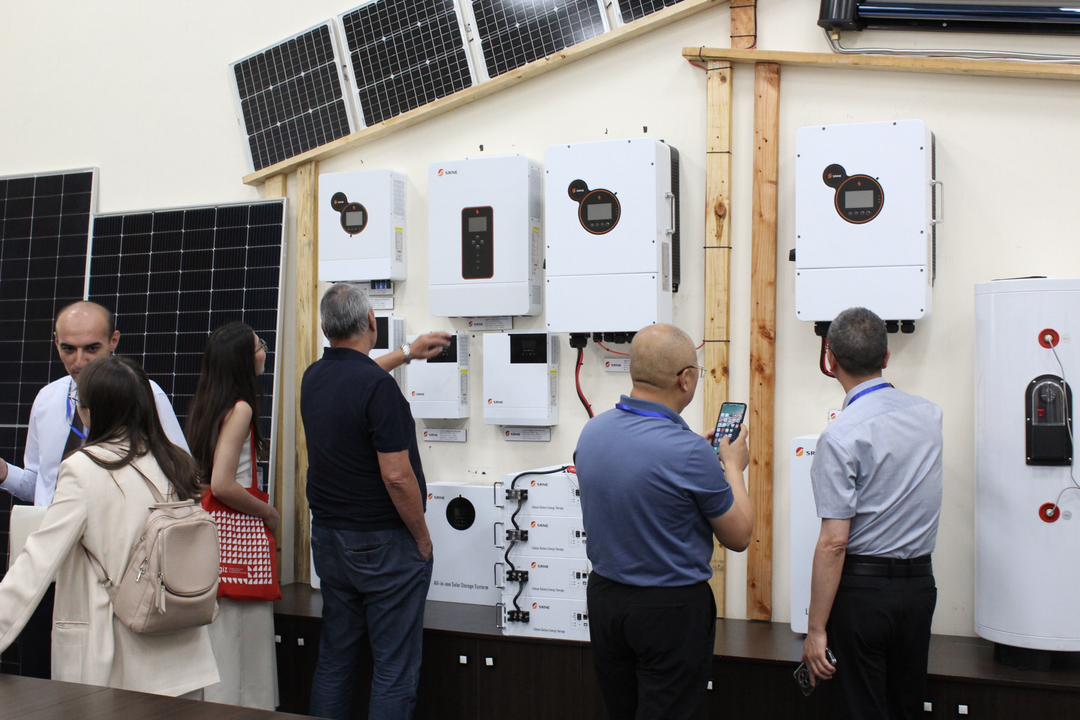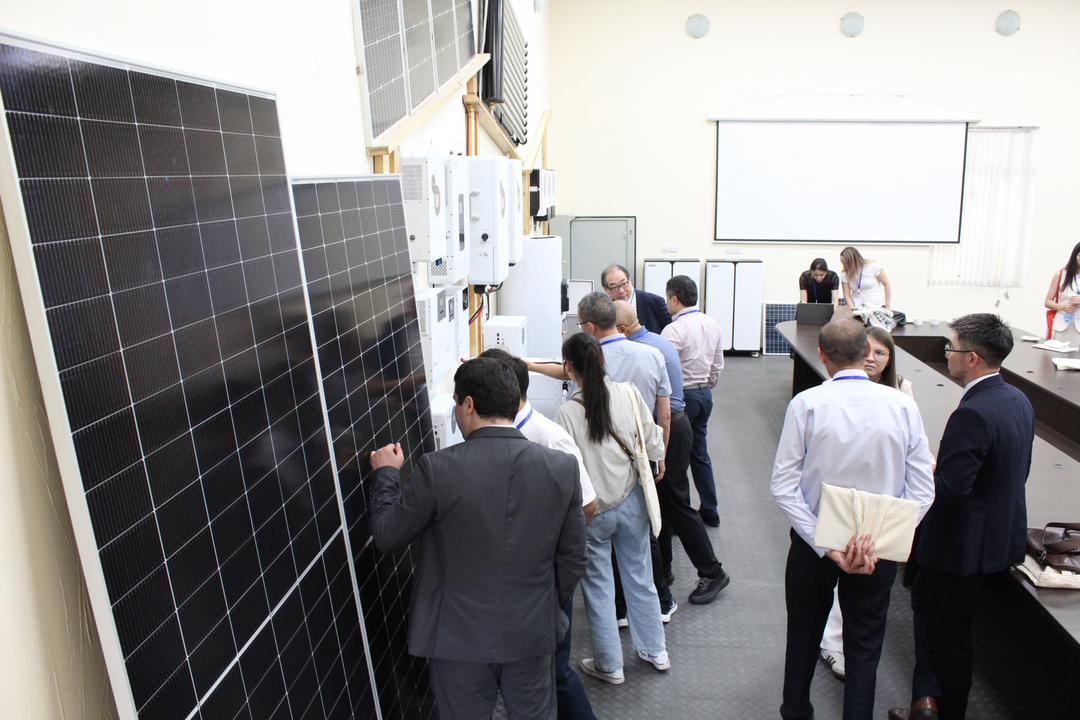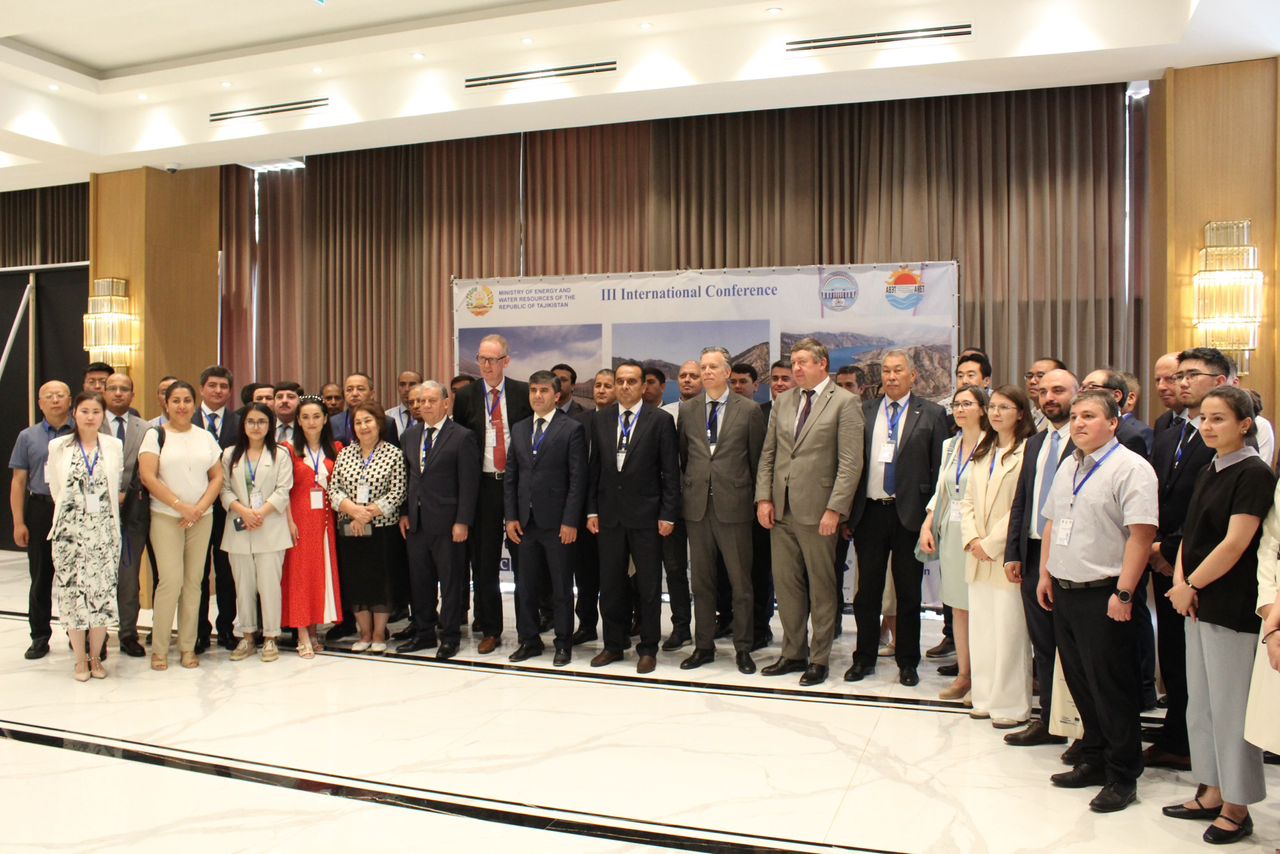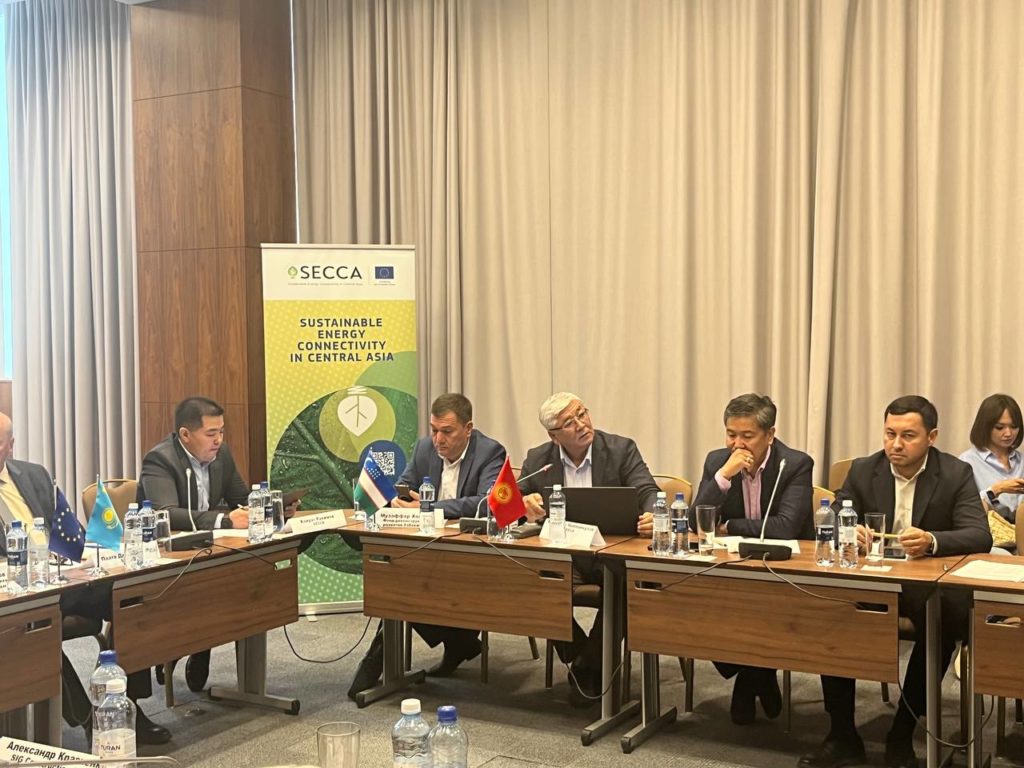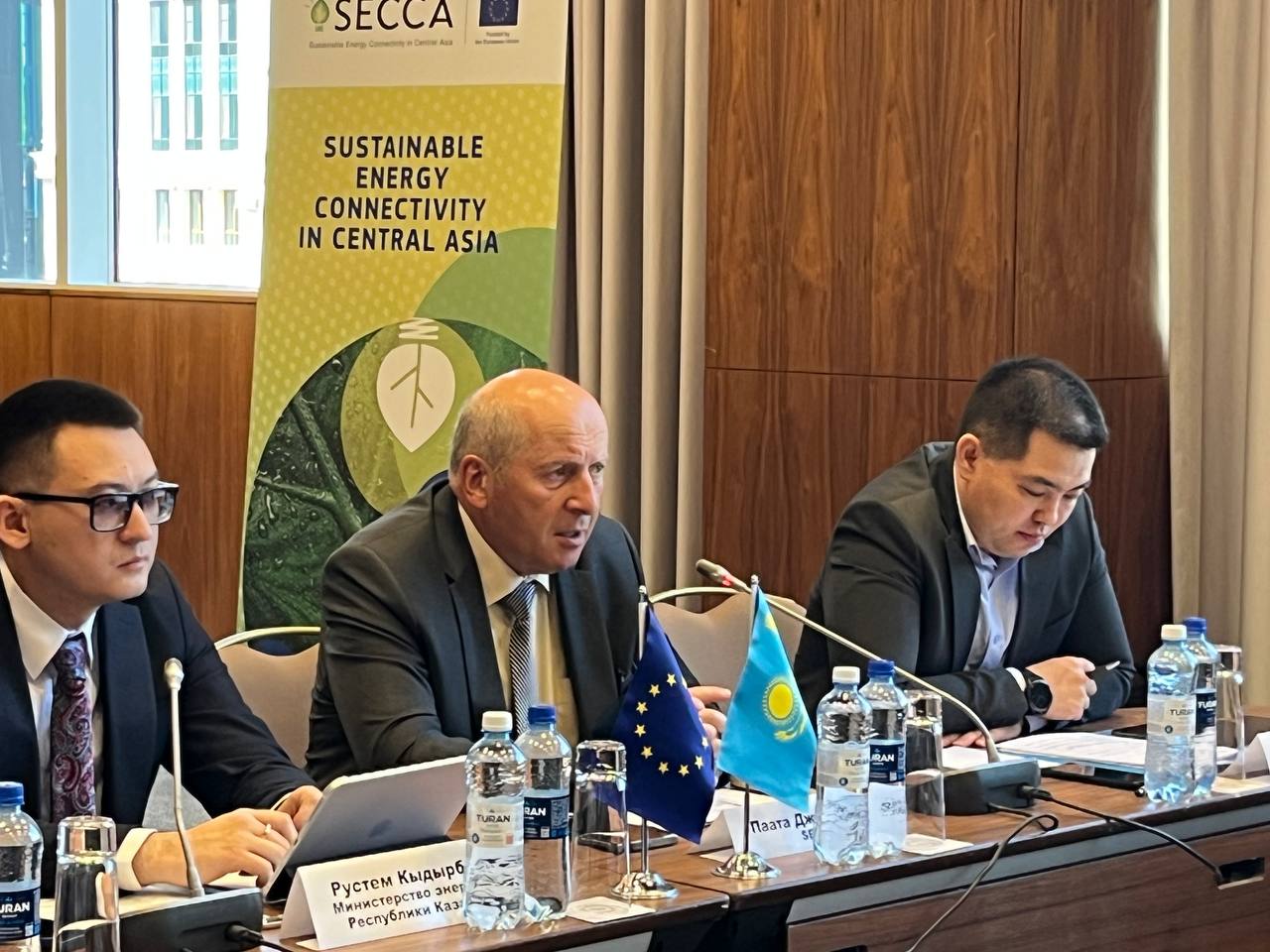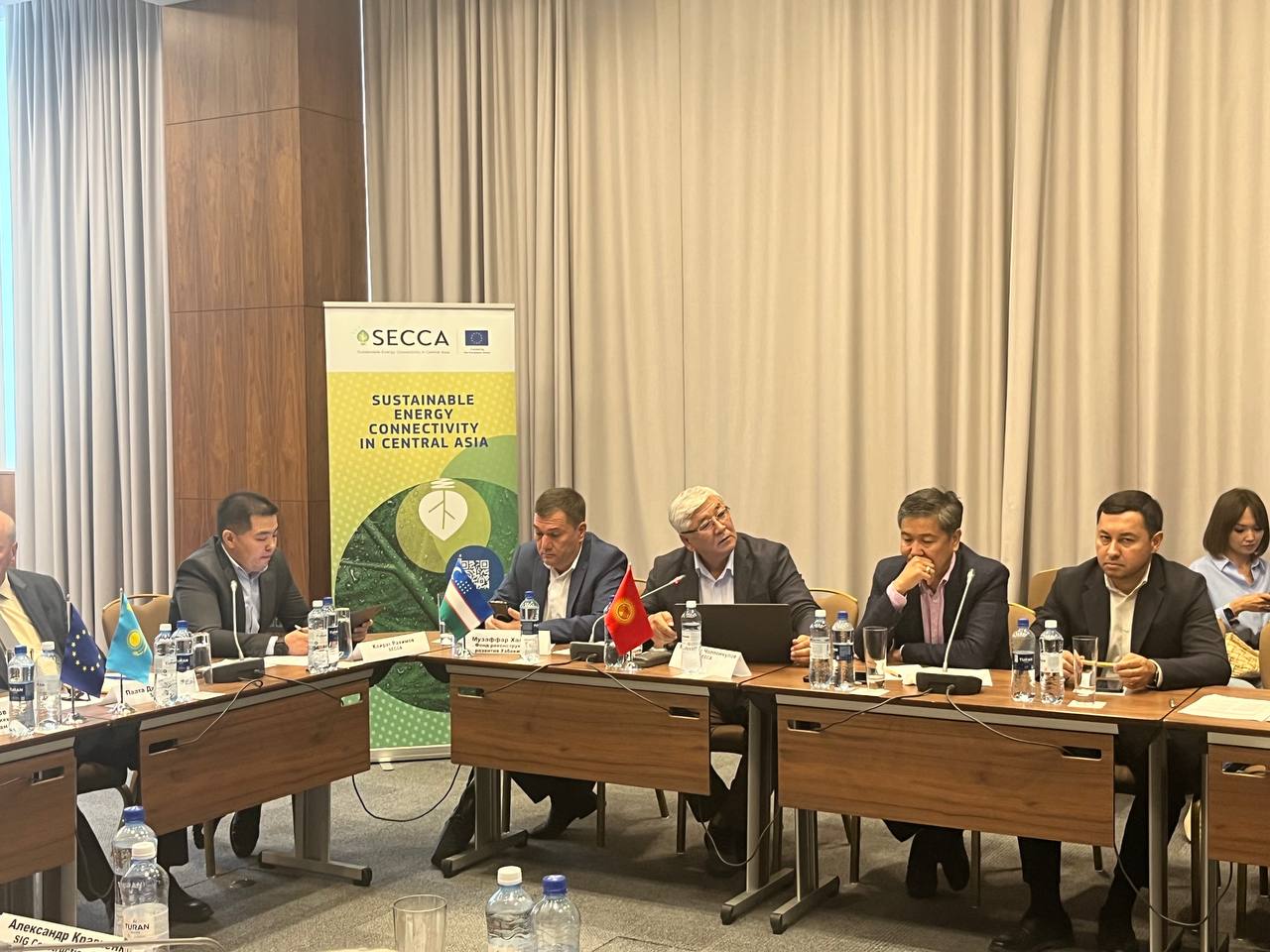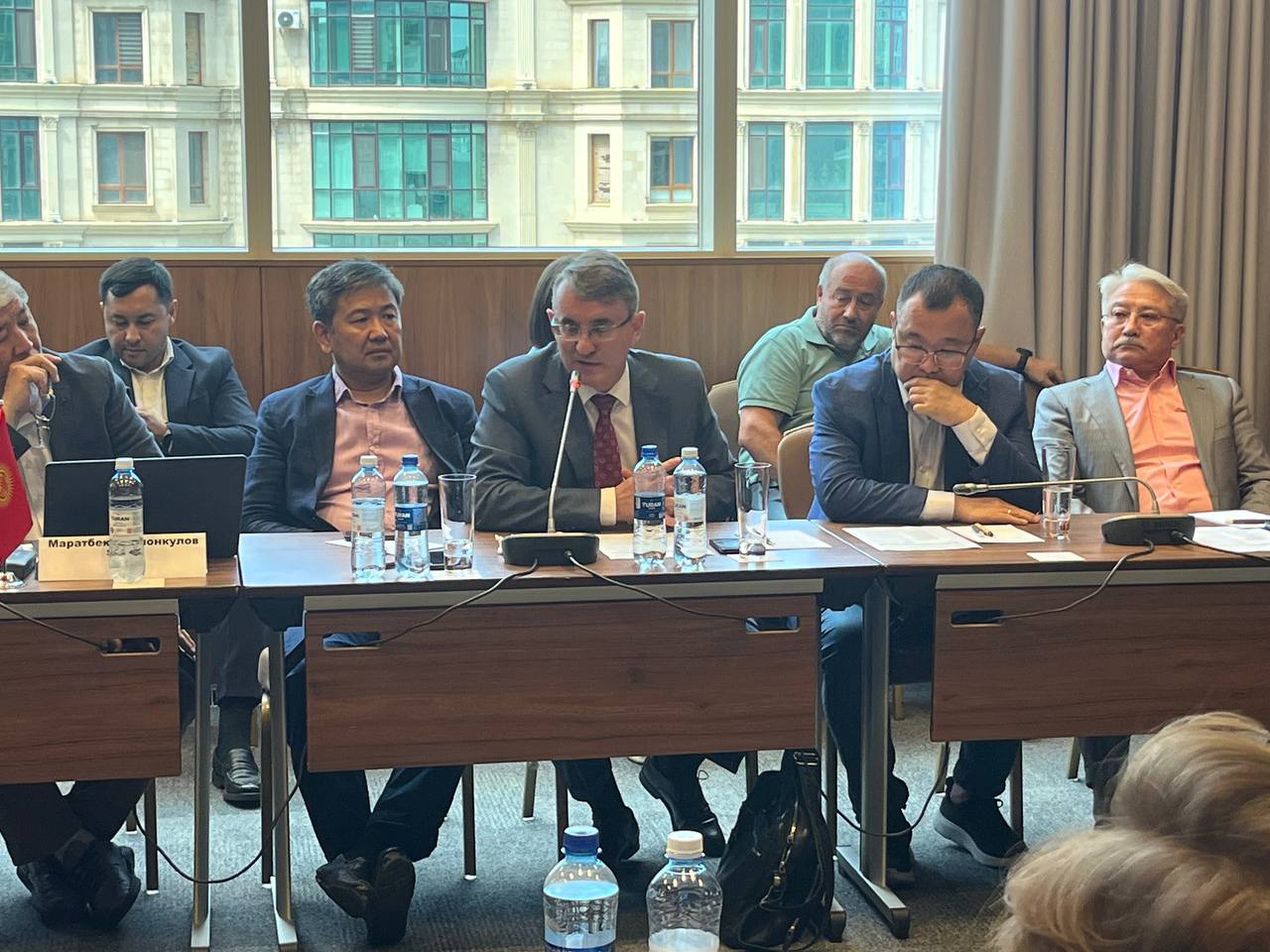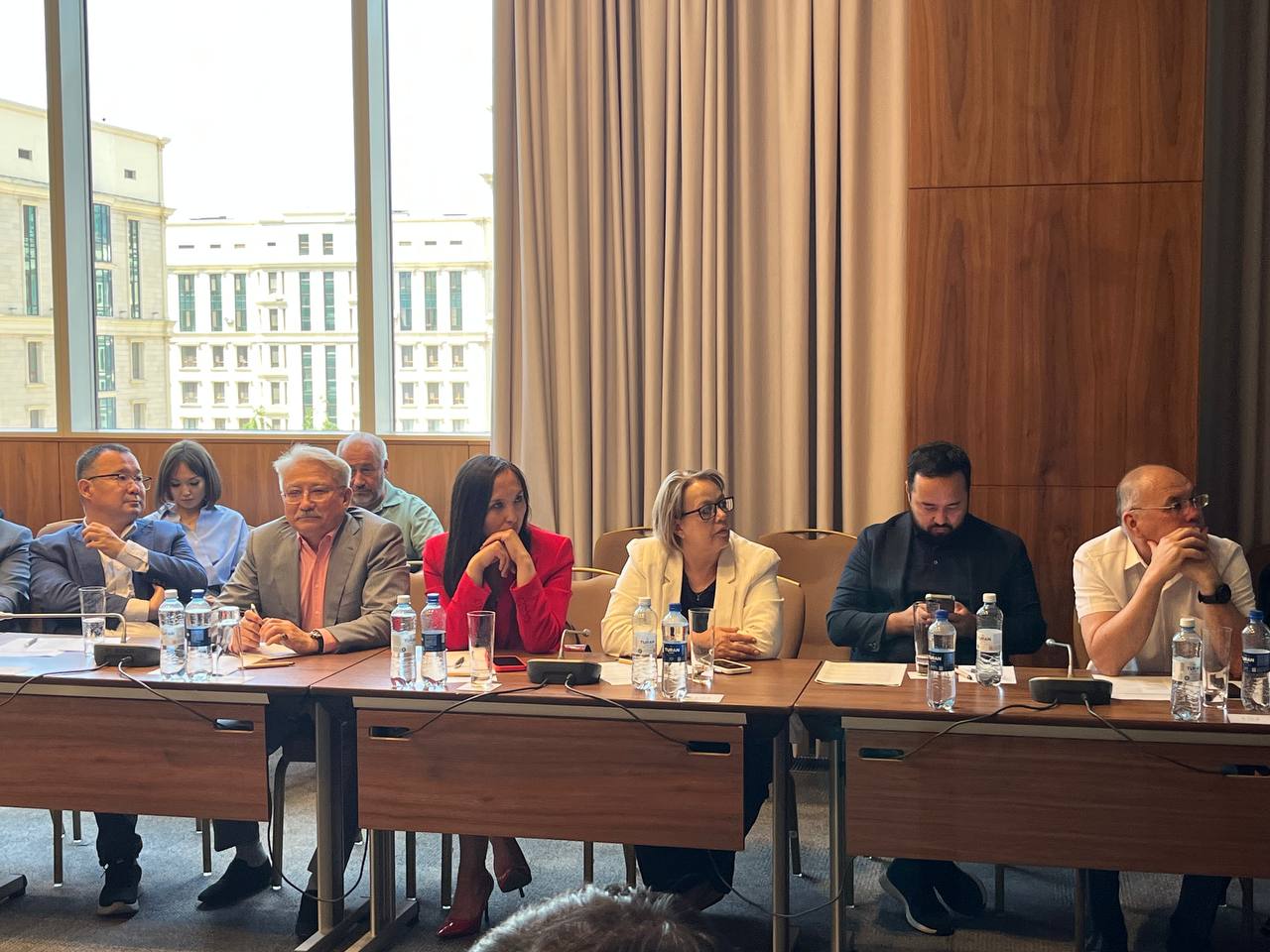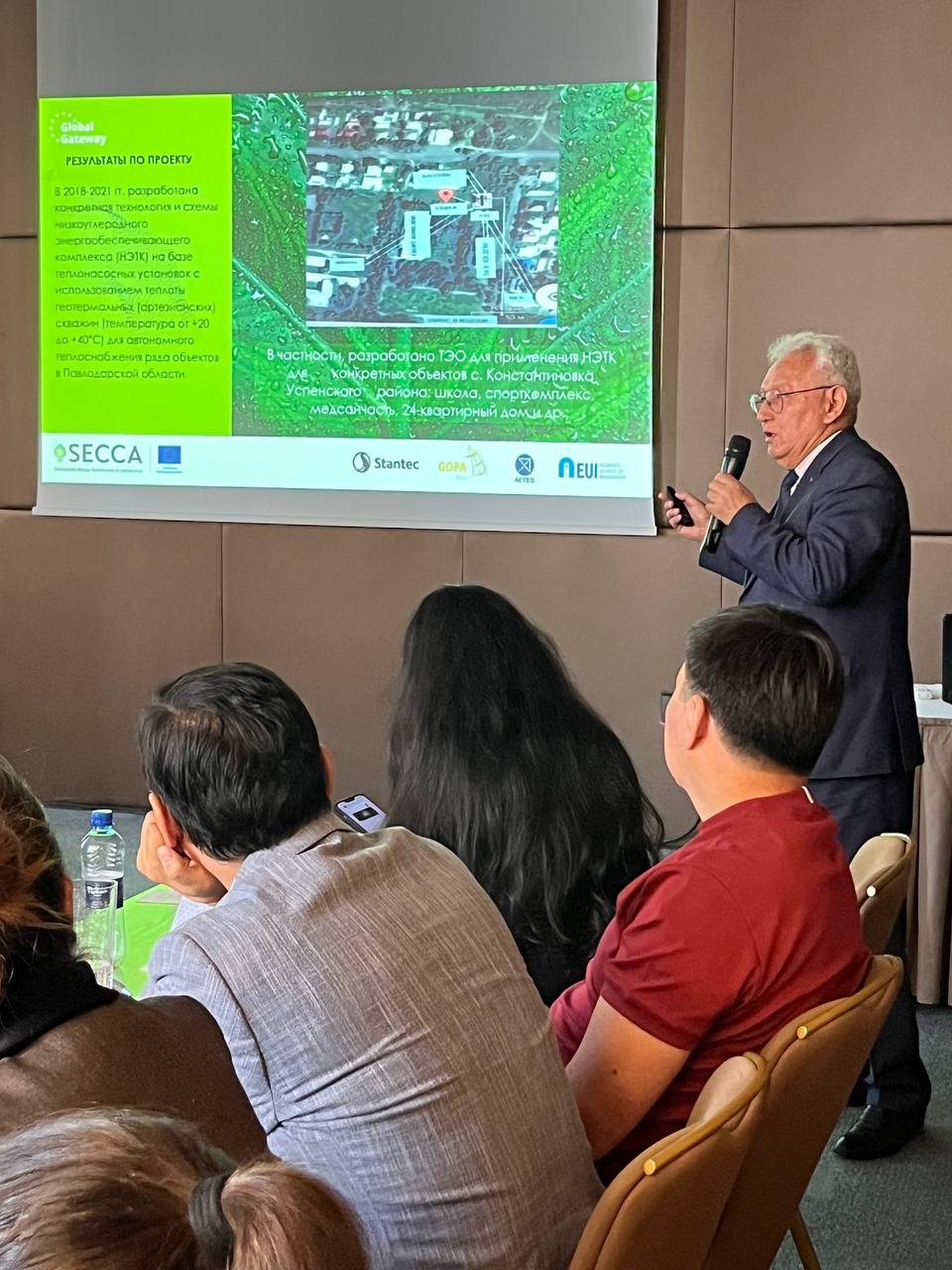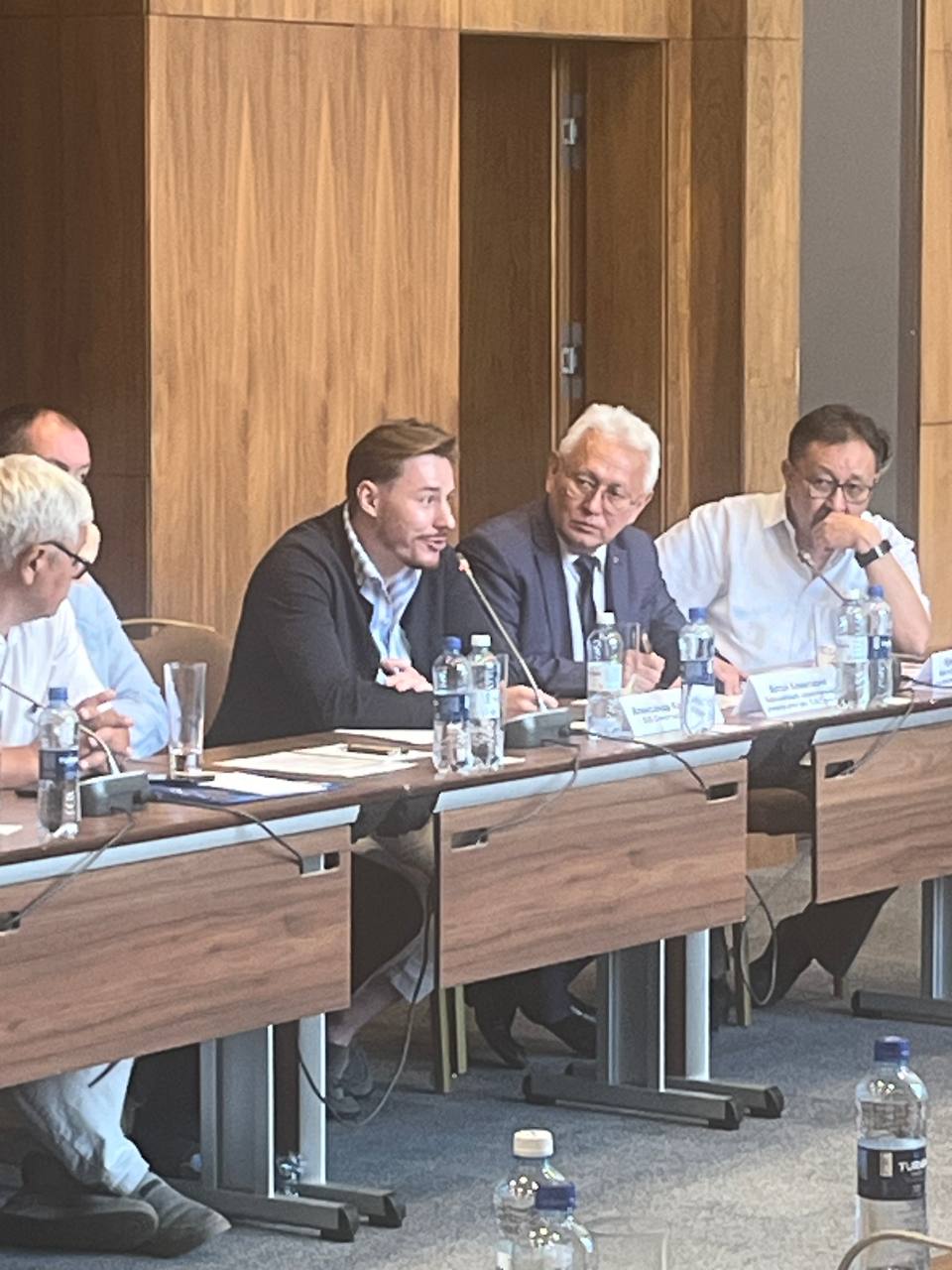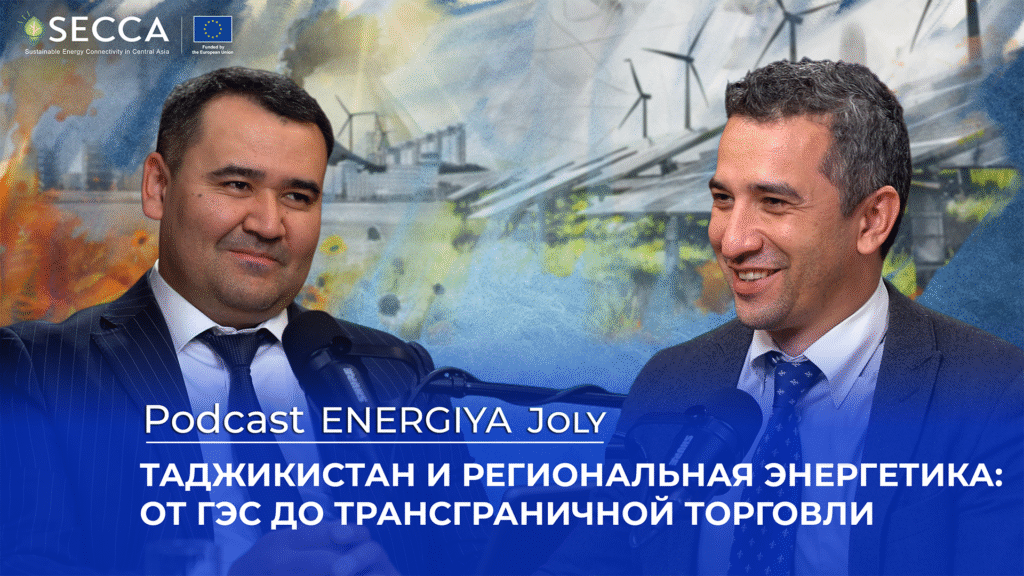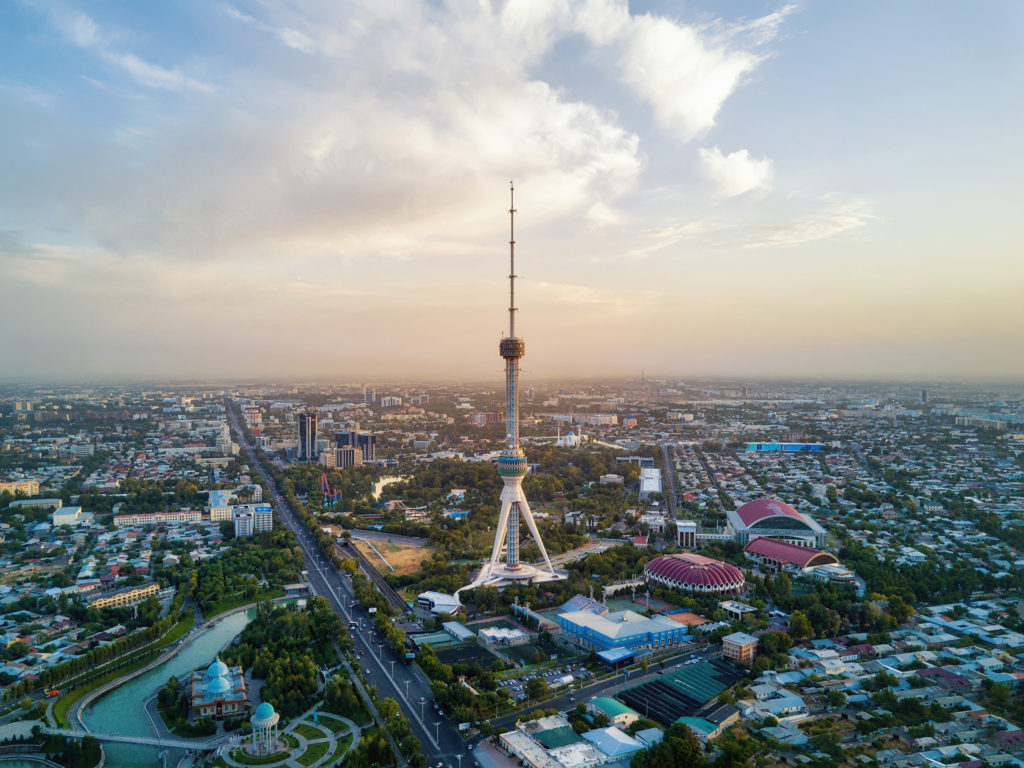Astana, Kazakhstan – A Roundtable “Development of Geothermal Energy in Kazakhstan: Prospects and Challenges” gathered the representatives of the Ministry of Energy of the Republic of Kazakhstan, research institutes, universities, and the private sector from Kazakhstan, as well as experts from Kyrgyzstan and Uzbekistan. This event was organised jointly by the Ministry of Energy of Kazakhstan and the European Union funded SECCA project.
According to the International Energy Agency’s report “The Future of Geothermal Energy” (2024), with continued technological improvements and reduced project costs, geothermal energy could cover up to 15% of the global increase in electricity demand by 2050. This would mean the potential deployment of up to 800 GW of geothermal capacity, capable of producing around 6,000 TWh annually. Meanwhile, the total installed geothermal capacity worldwide currently stands at only 15-16 GW.
Many experts agree that geothermal energy sources are constant, reliable, and highly efficient in terms of their coefficient of performance.
Kazakhstan has significant potential for low-temperature geothermal energy, but this potential remains largely untapped. The draft Law “On the Development of Alternative Energy” initiated by the Ministry of Energy in 2024 includes the development of geothermal energy among the priority areas. At the Roundtable, the experts discussed its provisions.
Then, representatives from academia presented on the distribution of low-temperature geothermal energy resources in Kazakhstan, as well as the prospects for using geothermal heat pumps to decarbonize energy supply systems in various climatic regions of the country. A private sector representative shared experiences from implemented geothermal heating projects in Astana, Karaganda, and the Akmola region. Experts from Kyrgyzstan and Uzbekistan also presented their countries’ experiences in utilizing geothermal resources.
After the presentations, the participants exchanged views on the legal, technical, and financial aspects of geothermal energy development and proposed priority directions for pilot initiatives.
